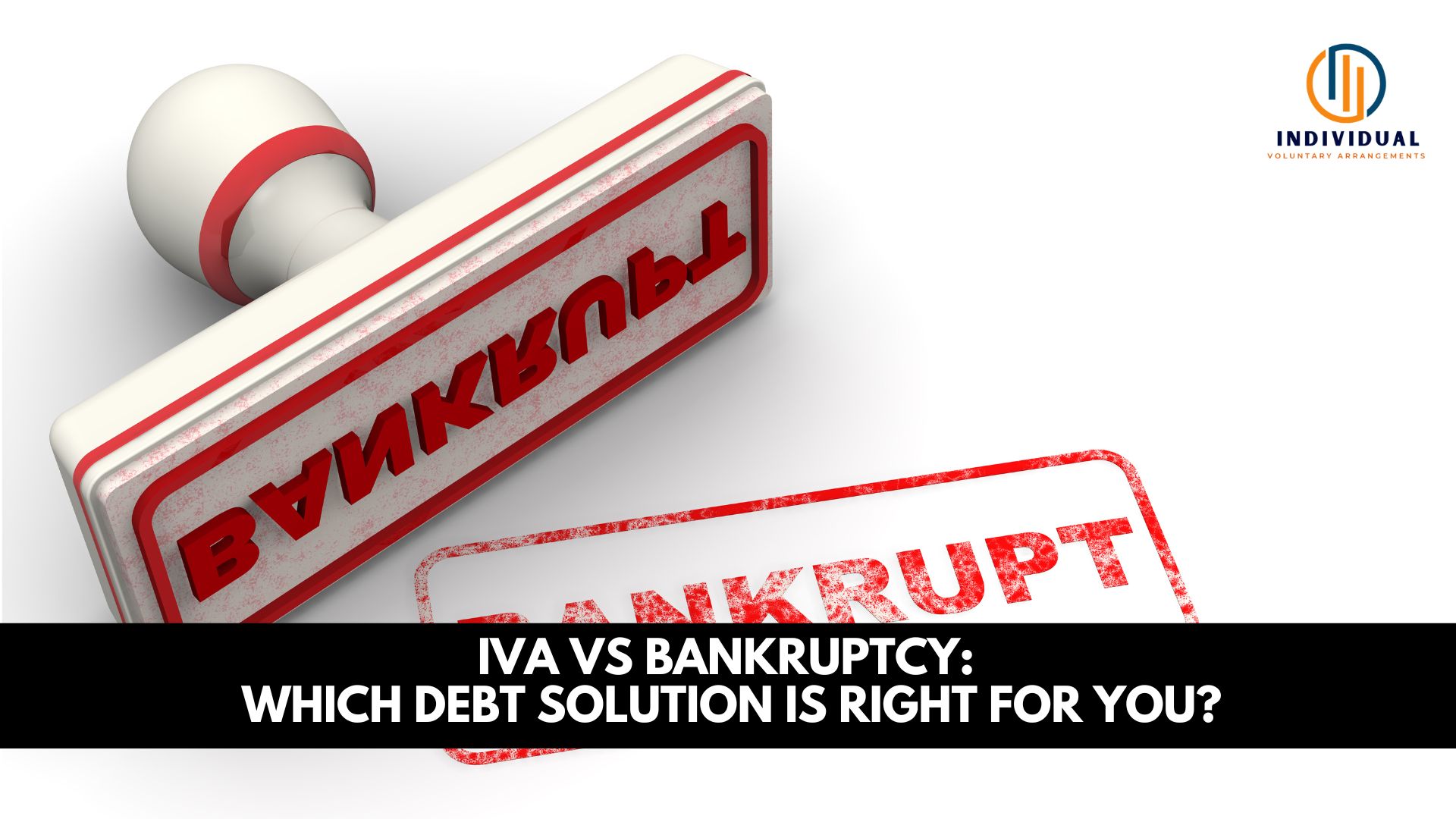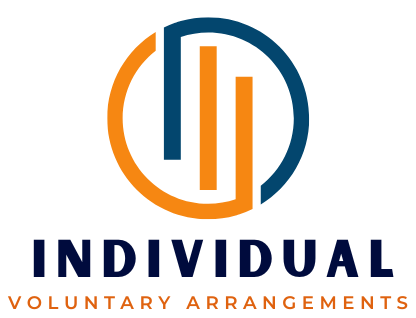

When debt becomes overwhelming, knowing which path to take can be confusing. Many people in the UK find themselves choosing between an IVA and bankruptcy. Both offer legal ways to deal with unmanageable debt, but they work in very different ways. Understanding the pros and cons of each helps you make an informed decision. Let’s explore how these two debt solutions compare and which one could fit your situation best.
What Is an Individual Voluntary Arrangement (IVA)?
An IVA is a formal agreement between you and your creditors that allows you to repay what you can afford over time. It usually lasts five to six years and is managed by a licensed insolvency practitioner. Interest is frozen, and creditors stop contacting you once the arrangement is approved. At the end of the term, any remaining eligible debt is written off. It’s designed for people who have a regular income but need structured relief.
What Is Bankruptcy and How Does It Work?
Bankruptcy is a legal process used when you can no longer repay your debts. Your assets, such as savings or property, may be sold to repay what you owe. The process usually lasts one year, and most unsecured debts are cleared at the end. Bankruptcy can give you a fresh start quickly, but it comes with serious restrictions. It’s often used when no other repayment option is realistic.
How Do IVA and Bankruptcy Affect Your Assets?
In an IVA, you usually keep your home, car, and essential belongings as long as payments are maintained. Bankruptcy, on the other hand, may require selling valuable assets to repay creditors. If you’re a homeowner, an IVA is often a better choice for protecting your property. Both options aim to balance fairness between debtor and creditor. Choosing based on your assets can make a big difference in your outcome.
How Do They Affect Your Employment and Lifestyle?
An IVA typically allows you to continue working without restrictions. Bankruptcy can affect certain professions, such as finance, law, or public office roles. Some employers may also run credit checks that reveal bankruptcy records. An IVA keeps you in control of your budget and income, while bankruptcy can limit your options. Thinking about your career and lifestyle helps you decide which route suits you best.
How Does Each Option Impact Your Credit Rating?
Both IVA and bankruptcy appear on your credit file for six years. During this time, it can be harder to obtain new credit or mortgages. However, lenders often view an IVA as a sign of active repayment, whereas bankruptcy can seem more severe. Rebuilding your credit is possible after either solution, but consistency and patience are key. The main goal is to get back to financial stability over time.
What Costs and Fees Are Involved in Each Option?
IVAs include setup and management fees handled by your insolvency practitioner, which are built into your monthly payments. Bankruptcy involves a one-time application fee, currently £680, paid upfront. While bankruptcy clears debts faster, the initial cost can be a barrier. With an IVA, payments are spread over time, making it more manageable for regular earners. Considering affordability helps you choose the option that fits your budget.
Can You Include the Same Debts in Both Solutions?
Both IVA and bankruptcy can include unsecured debts such as credit cards, loans, and overdrafts. However, some debts like student loans, court fines, and child maintenance are excluded from both. Knowing which debts qualify ensures realistic expectations before you apply. This step is vital for planning your financial recovery effectively. A qualified debt adviser can confirm exactly what’s covered in your case.
How Public Are IVA and Bankruptcy Records?
Both are recorded on the public Insolvency Register, but bankruptcy tends to be more visible. In rare cases, bankruptcy notices may appear in local newspapers. An IVA record is less public and usually only checked by lenders or employers who search for it. If privacy matters to you, an IVA might feel less intrusive. Still, both aim to handle debt transparently and legally.
Which Option Offers More Flexibility for Future Changes?
An IVA can adapt if your circumstances change, allowing temporary payment breaks or adjustments. Bankruptcy is more rigid and has fewer options for flexibility once declared. Life is unpredictable, so having room to adjust can make an IVA more sustainable. Discussing this with your practitioner ensures your plan stays realistic. Flexibility often makes a long-term solution easier to maintain.
When Should You Seek Professional Advice About Debt Solutions?
You should seek professional advice as soon as debt feels impossible to manage alone. A qualified adviser can review your situation and explain all available options. They’ll help you understand whether an IVA or bankruptcy suits your income, assets, and goals. Early action prevents unnecessary stress and financial damage. Making an informed choice today can set you up for stability tomorrow.
How Can Individual Voluntary Arrangements Help You Choose Wisely?
Individual Voluntary Arrangements offer clear, confidential guidance to help you find the right debt solution. Our team assesses your finances, prepares proposals, and negotiates with creditors on your behalf. Every plan is designed to protect your assets and keep repayments affordable. You’ll have ongoing support throughout your journey toward financial recovery. With expert help, the path to a debt-free future becomes much clearer.
Finding the Debt Solution That Works for You
Debt can feel overwhelming, but the right solution gives you a fresh start. Both IVA and bankruptcy offer a way forward depending on your income, assets, and personal goals. Understanding their differences helps you choose confidently and protect your future. With the right guidance, financial freedom is within reach. Taking the first step toward support is often the most important one.




